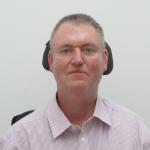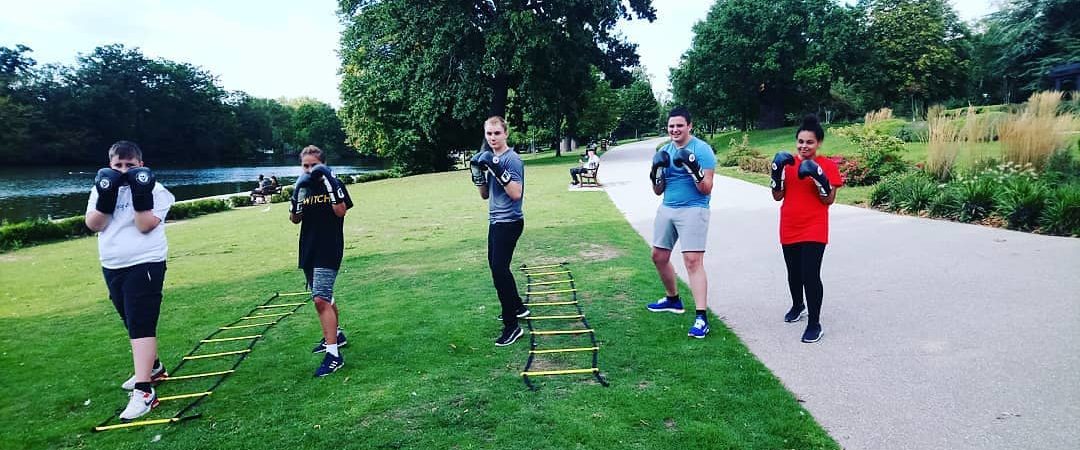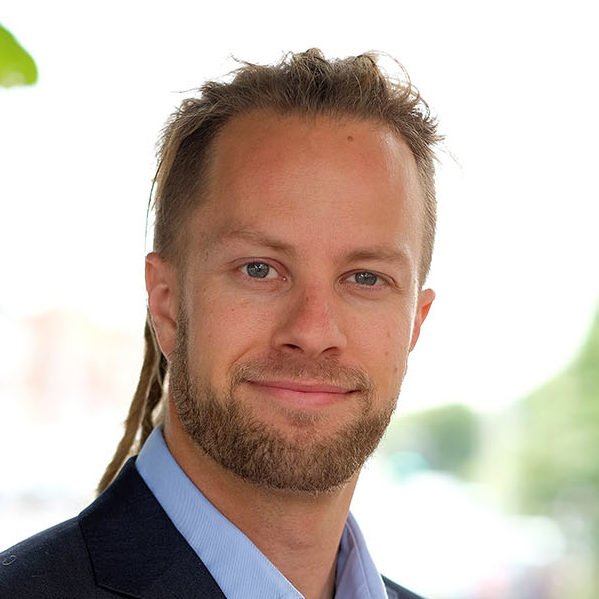While we are now working our way down the Government roadmap towards a return to normalcy, the effects of a full year of lockdown and isolation on our physical health are too significant to ignore, particularly among young people. Most of the obvious options for exercise—from gyms and indoor community spaces to all manners of team sports—have been inaccessible due to various COVID restrictions, but there are other forms of exercise, that we usually do regularly but we might not consider, that haven’t been possible either—such as the walk to school and other playground activities during the school day.
There have been growing concerns in recent years over a rise in a sedentary lifestyles among young people—much has been said of the rise of technology such as social media playing a role. And we can see this starkly at a local level: even before the pandemic, research has shown that Barking and Dagenham has had one of the lowest levels of participation in physical activity across all of London.
Plus, it’s well-known that regular exercise also brings many mental health benefits, reducing stress and anxiety as well as promoting growth in confidence and self-esteem—the recent rise in mental health issues amongst young people is something we’ve touched on in our previous article looking at the SW!TCH Minds programme.

It’s because of these reasons that Healthwatch Barking and Dagenham—your local champions for health and care services—are running a new project to explore physical activity with young people in the borough. At the heart of this will be a set of questions, designed using the input of local young people, to drill down to the core of the issue and build up a better picture of exercise in the borough: what options are available, what barriers they face, their views on exercise and ways of staying healthy, and if there’s anything missing that would help more young people exercise more.
With some 45,000 young people in the area, this won’t be an easy task; which is why the HWBD team are reaching out to local organisations, such as colleges, community groups and those with experience of working with young people, in order to tap into their expertise and reach. There’s also a big focus on reaching out to underrepresented groups—such as young offenders, homeless young people, Travellers, and young people with complex health needs—who are often overlooked in situations like these and ensure they can get their voices heard as well.
And building on the joined-up approach we explored last month, the HWBD team will also be working closely with the SW!TCH teams here at LifeLine. Healthwatch Officer Richard, who will be leading the project, said:

I’m going to be working to bring together a group of young people who we can consult with directly to influence and develop the recommendations we’ll be making for the outcomes to improve the situation in the borough.
We’re also looking to bring together a group of young people as ambassadors from LifeLine’s SW!TCH project for a focus group in order to ask them how COVID and its lockdowns and restrictions have had a direct impact on their health and wellbeing over the past year.



